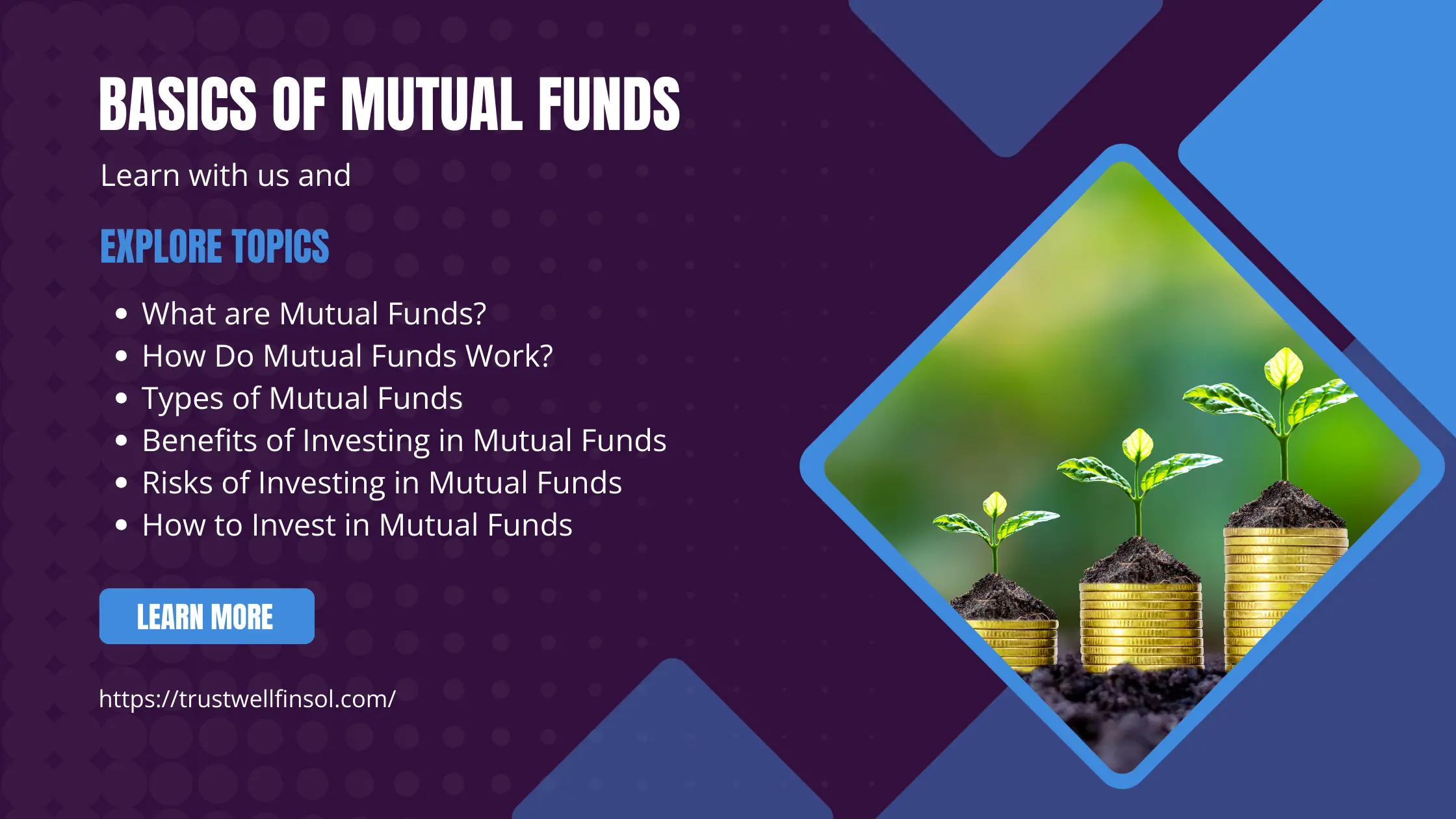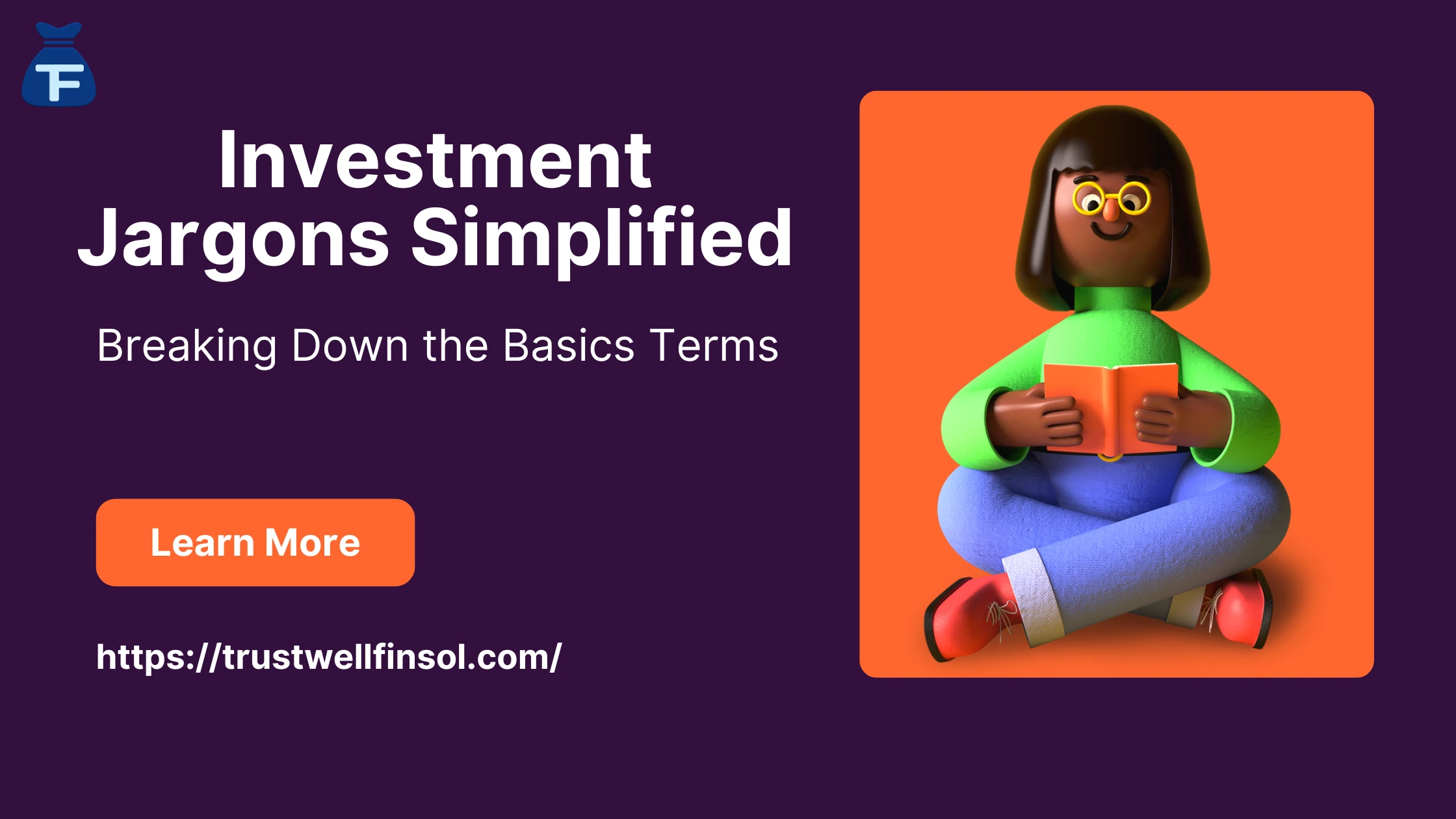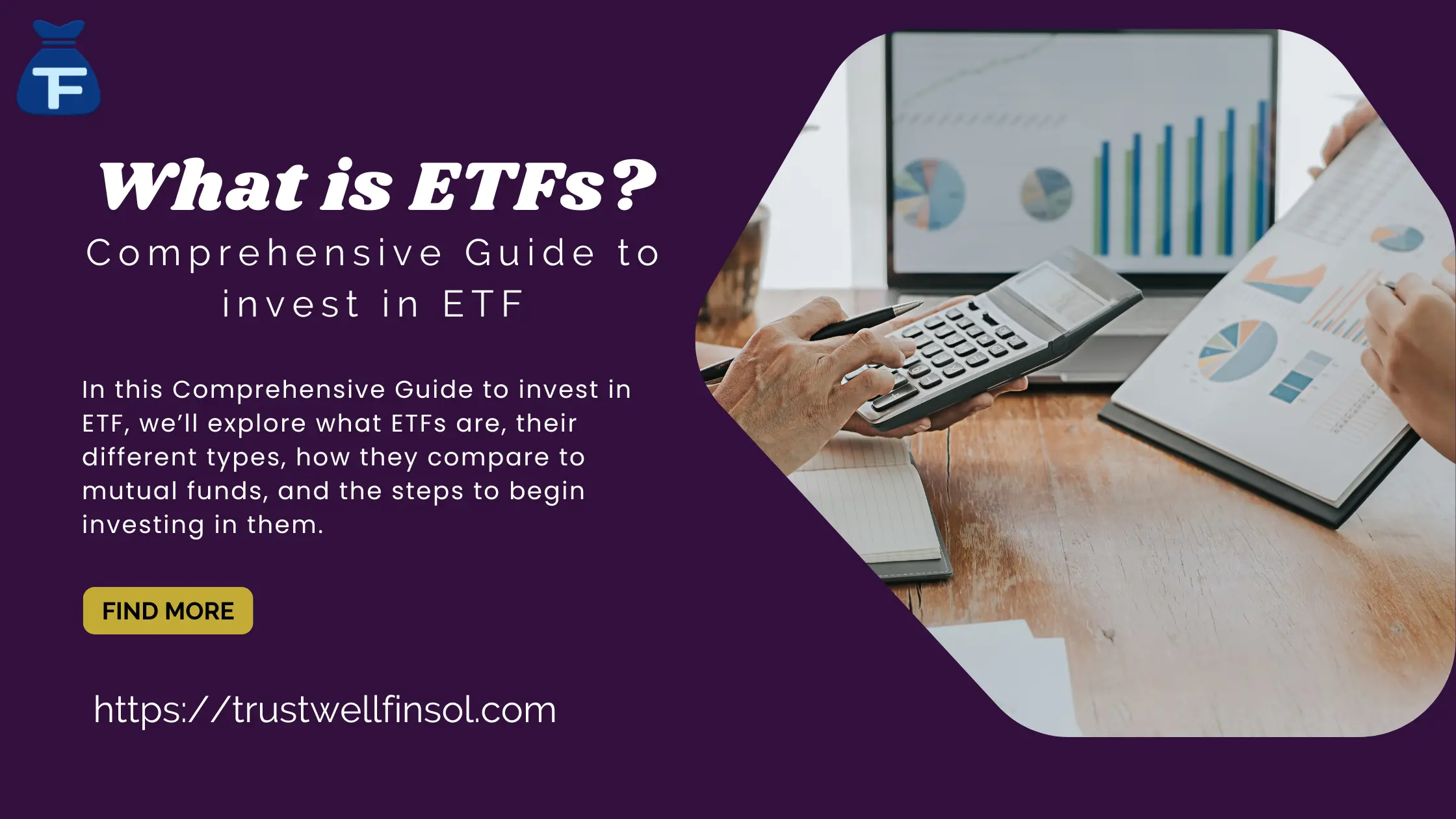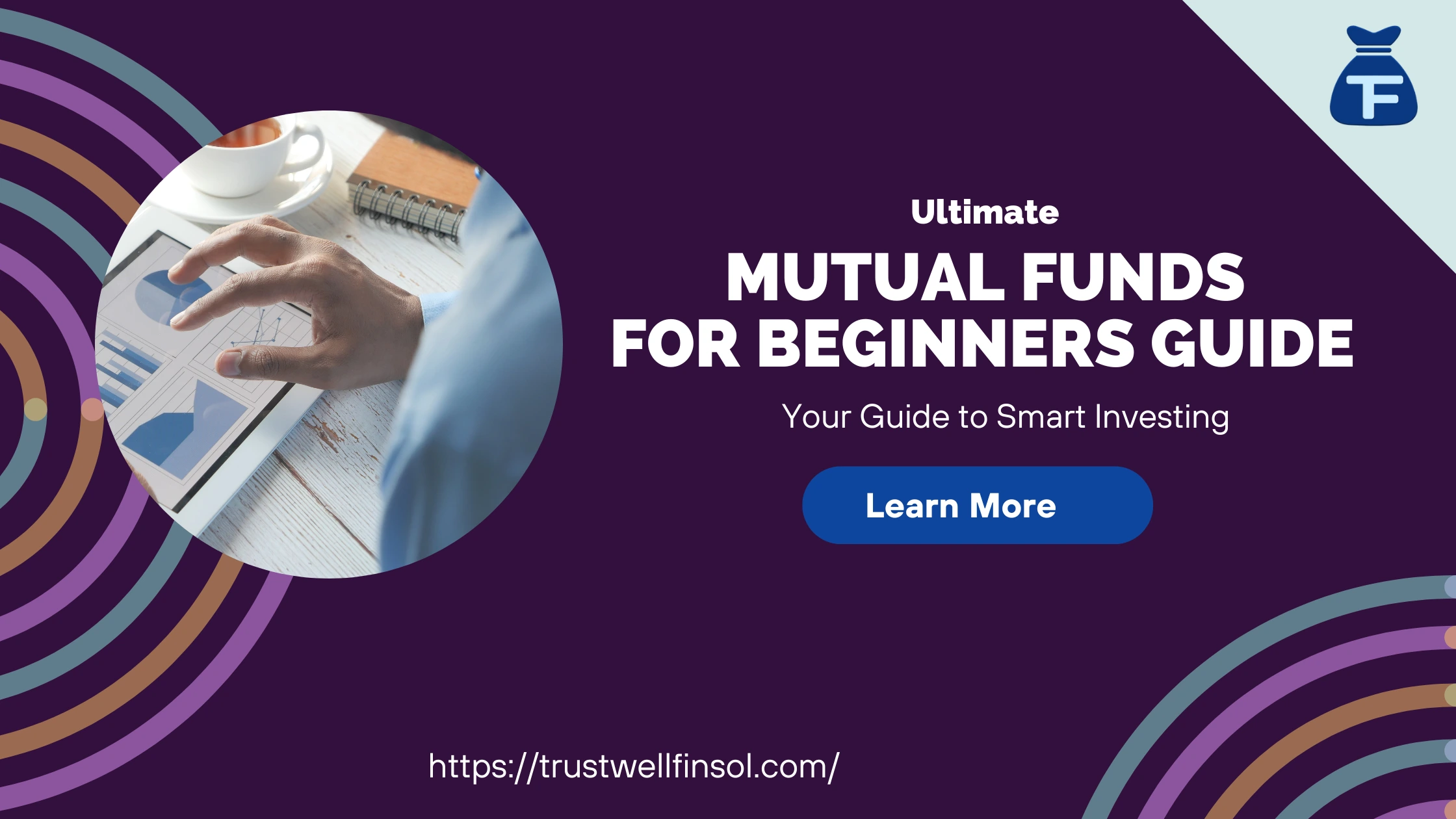How to Find Financial Advisor?
What if you could invest your Savings and have someone else handle it properly and sensibly? The same is true for mutual funds, which are well managed financial entities that combine investor capital.
A Mutual Fund is an investment vehicle that is professionally managed that takes money from investors and makes investments on their behalf. Mutual funds use this money to invest in a variety of products, including bonds, Equities, and money market instruments.
For those who wish to invest in these Securities but do not have the time or understanding, mutual funds are a great option. A qualified financial advisor oversees these funds, carefully allocating the funds to provide income and Capital Gains for the investors.
Meaning of a Financial Advisor
A licensed expert who assesses your present financial status, understands your investing goals, and recommends the best mutual fund to invest in to build a Portfolio that satisfies those goals is known as a financial advisor, also called a professional financial advisor.
Because they are knowledgeable about the latest market conditions and have a deep understanding of the many types of mutual funds, they can help you select the best fund for your investments.
It is an advisor’s fiduciary duty to fully and ethically disclose to their customers all relevant information about an investment.
We’ve included the questions a prospective investor should ask their financial advisor in this blog post to find out if they meet the
The Advisors’ Role in Mutual Funds
Some of the main responsibilities of mutual fund advisors are as follows:
Acknowledging the Financial Needs of Investors
The investors’ financial objectives and needs must be known to the fund advisor. To find out their goals and how long it will take to reach them, they need to talk to investors.
Educating Prospective Investors
The investor must be informed by the mutual fund agent about any financial products that would be a good fit for their needs.
Occasionally, the advisor may need to have in-depth discussions with the investors to fully explain all possible investment restrictions, including the difference between an individual’s preparedness to assume risk and their ability to tolerate risk.
Assessing Investors’ Risk Tolerance
One of the most important tasks a fund advisor must complete is assessing the clients’ or investors’ degree of risk tolerance.
Assessing Various Investment Alternatives
The advisor just needs to select the top possibilities for Mutual Fund investments depending on the investor’s financial goals and risk tolerance, despite the fact that there are several Options available.
How Can I identify a Financial Advisor?
The correct Fund Advisor can assist you in selecting the appropriate fund and constructing the appropriate portfolio, thus it is imperative that you choose the greatest and most efficient choice for yourself.
Here are some qualities and elements to take into account while selecting the best financial advisor for you:

Understanding of the Subject
Experience improves a mutual Fund Manager’s skill to draw in investors. An advisor for mutual funds is bound by the same regulations.
A Mutual Fund Advisor with several volatile market experiences has far more to offer than someone without.
Reducing the Difference Between Risk and Objectives
The first thing a fund advisor should do is evaluate the client’s existing condition. They should assess their financial goals, risk tolerance, financial obligations, and personal interests in addition to financial data.
Based on the study, a competent fund advisor would advise clients on how to be closed this gas.
Developing a Strategy for Investments
Before creating the perfect investment portfolio, the fund advisor should evaluate the state of the market in relation to the client’s needs. They should be up to date on both trends and financial events.
In order to lower risk, they should also advise their clients on portfolio Diversification.
Remedial Measure
The small details of your finances should be kept an eye on by your fund advisor.
They should also monitor the performance and composition of your portfolio to make sure you are headed in the right direction toward your financial goals and to recommend any required course adjustments.
A Qualified, Experienced, and Paid Professional
Your mutual fund Investment Advisor needs to be certified by the National Institute of Securities Markets (NISM) and be up to date on news and market trends in order to be regarded as a qualified advisor.
Identifying Threats and Risks
Investing diversified is the most effective approach to reduce risk. Your Fund Advisor should be able to minimize your risks and optimize your returns by diversifying your portfolio.
Accessibility & Practicality
For your financial counselor to decide what’s best for you, they must completely understand your goals. It is imperative that your Mutual Fund Advisor fully comprehends your goals before determining what is ideal for you.
In addition to the first evaluation, they need to stay in touch with you on a regular basis to keep track of your financial goals and objectives.
Taking Charge of a Portfolio
A financial advisor should be able to alter your portfolio based on your current goals. They ought to be cautious and get out of any unprofitable or dangerous investments as soon as possible.
In summary
The process of building a mutual fund portfolio and making investments can be made simpler by a mutual fund advisor. Selecting the appropriate Mutual Fund advisor is crucial.
Make sure your advisor possesses particular traits, like initiative, open communication, and a thorough financial technique.
This blog post aims to explain the need of a financial advisor with a focus on mutual funds and demonstrate how to select the right one for your particular investment and financial circumstances.
Disclaimer: The content on this blog is intended solely for educational purposes. All investment and financial planning strategies discussed are subject to market conditions and other factors beyond our control. Any securities or investments mentioned are not to be taken as recommendations or endorsements. Readers are encouraged to consult with a qualified financial advisor before making any investment decisions.





